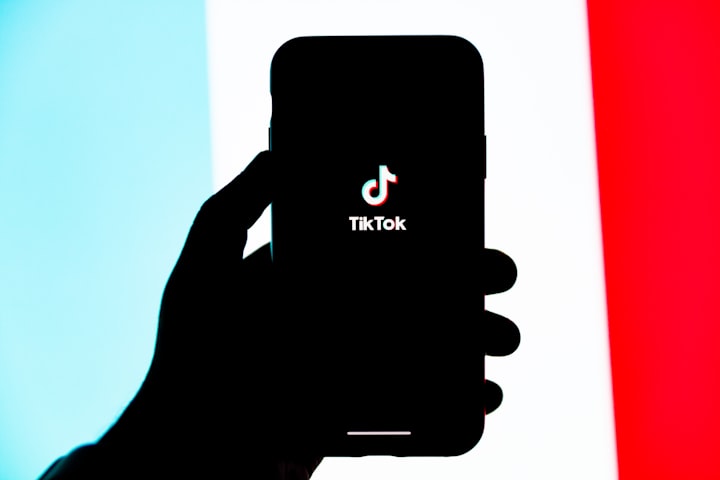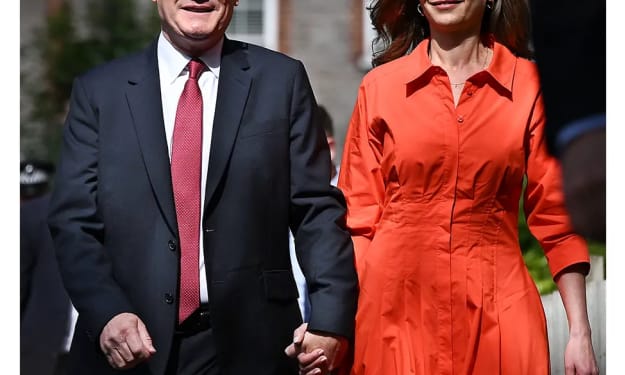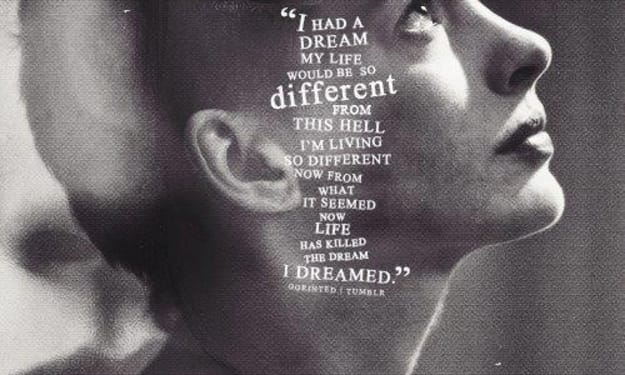The Internet is Worse Than Ever – Now What?
Social polarization is escalating globally, with people feeling increasingly divided into opposing teams, attributing some blame to social media.

In the current social landscape, polarization has become a defining characteristic. From the local spheres to global communities, the sense of division and animosity between different groups has intensified. Much of this discord has been attributed to the pervasive influence of the internet and, more specifically, social media. However, a deeper examination reveals a more nuanced narrative—one that challenges the conventional understanding of online echo chambers and the mechanisms driving societal division.
The Myth of the Filter Bubble
The prevailing notion of online filter bubbles posits that algorithms tailor our content consumption, creating isolated echo chambers that reinforce our existing beliefs. Surprisingly, studies indicate that real-world interactions tend to be more ideologically isolated than online exposure. Contrary to popular belief, the digital realm often exposes us to diverse opinions and worldviews. The true filter bubble, it seems, exists within our physical interactions—with friends, family, colleagues, and neighbors—where diversity in perspectives is notably lacking.
Evolutionary Roots of Division
To comprehend the societal impact of the internet, it's crucial to understand our brains' evolutionary wiring. Human brains evolved not to decipher reality but to navigate social structures. Social isolation or exclusion triggers distress because, historically, it jeopardized survival. Early societies thrived when individuals cooperated, fostering alliances despite differences. As communities expanded, adaptation to diverse neighbors became increasingly challenging.
Dissecting Online Polarization
The emergence of the social internet has disrupted our brains' social mechanisms. It overwhelms us with conflicting opinions and categorizes individuals into opposing teams based on worldviews. This social sorting not only amplifies extreme opinions but also erodes the essential social glue needed for cohesive societies. The digital space's emphasis on engagement, often fueled by anger-inducing content, intensifies this polarization, distorting disagreements and creating a sense of 'us versus them.'
Reimagining Solutions
Despite the challenges, there are pathways toward mitigating this division. Individuals can engage in self-reflection, critically evaluating their beliefs and information sources. Moreover, a return to smaller online communities, reminiscent of the earlier internet landscape, might provide a solution. These smaller communities, with their distinct cultures and rules, offer a more manageable space for interaction, reducing the overwhelming impact of the digital town square.
Embracing a Unified Humanity
Ultimately, understanding the impact of the internet on societal polarization is an ongoing process. It's vital to recognize that beneath the veneer of ideological differences, humanity shares a common bond. While our brains grapple with adapting to this reality, restoring cohesion might necessitate embracing smaller, more manageable digital communities.
The discourse surrounding polarization, the internet's influence, and societal cohesion remains complex. Yet, through introspection, critical evaluation, and a conscious shift towards smaller online communities, there exists hope for bridging these divides. This journey towards unity, amidst our diversities, is crucial for the sustenance of cohesive societies and the preservation of democratic values.
In conclusion, the narrative of societal polarization and its intricate relationship with the internet presents a multifaceted landscape, challenging our understanding of human interaction in the digital age. The notion that the online world serves as an echo chamber, reinforcing our existing beliefs and isolating us from dissenting opinions, is not as straightforward as initially assumed.
Studies and analyses have painted a different picture—one where the real-world interactions we engage in are often more ideologically homogeneous than the diverse array of perspectives encountered online. This revelation underscores a critical paradox: while the internet inundates us with varied viewpoints, our physical, real-life circles tend to lack such diversity.
Understanding the evolutionary underpinnings of human social cognition is paramount in dissecting the effects of the digital revolution on societal cohesion. Our brains, wired over millennia to prioritize social structures over understanding reality, struggle to adapt to the immense diversity encountered in the online world. The rapid expansion of our social spheres, from small tribes to interconnected global communities, has outpaced our brains' ability to reconcile conflicting worldviews.
The digital realm, particularly social media, has catalyzed unprecedented social sorting, dividing us into factions based on ideological affiliations. This divisive mechanism not only amplifies extreme opinions but also undermines the fundamental social cohesion required for thriving societies. The pursuit of engagement, often driven by emotionally charged content, exacerbates these divisions, skewing disagreements and fostering an "us versus them" mentality.
Yet, amidst this challenge lies the opportunity for introspection and recalibration. Individuals can embark on a journey of self-reflection, consciously evaluating their beliefs and sources of information. Embracing critical thinking and fostering an awareness of the biases inherent in online interactions can serve as stepping stones toward mitigating the adverse effects of polarization.
A return to smaller online communities, reminiscent of the internet's earlier days, emerges as a potential solution. These smaller, more localized digital spaces, characterized by distinct cultures and rules, offer a refuge from the overwhelming cacophony of opinions. By facilitating more manageable interactions, these communities could potentially alleviate the intense social sorting prevalent in larger online forums.
Ultimately, humanity's innate bond transcends the superficial differences that often drive polarization. Beneath the veneer of conflicting ideologies lies a shared humanity, navigating the complexities of an interconnected world. While our brains grapple with adapting to this reality, fostering unity amidst diversity becomes an imperative endeavor.
In this evolving digital landscape, acknowledging the complexities of polarization and the role of the internet is pivotal. By reevaluating our online interactions, nurturing a more mindful engagement with digital platforms, and advocating for the restoration of cohesive, empathetic communities, we can steer our collective journey toward a more unified, tolerant, and understanding global society.
About the Creator
Enjoyed the story? Support the Creator.
Subscribe for free to receive all their stories in your feed. You could also pledge your support or give them a one-off tip, letting them know you appreciate their work.






Comments
There are no comments for this story
Be the first to respond and start the conversation.